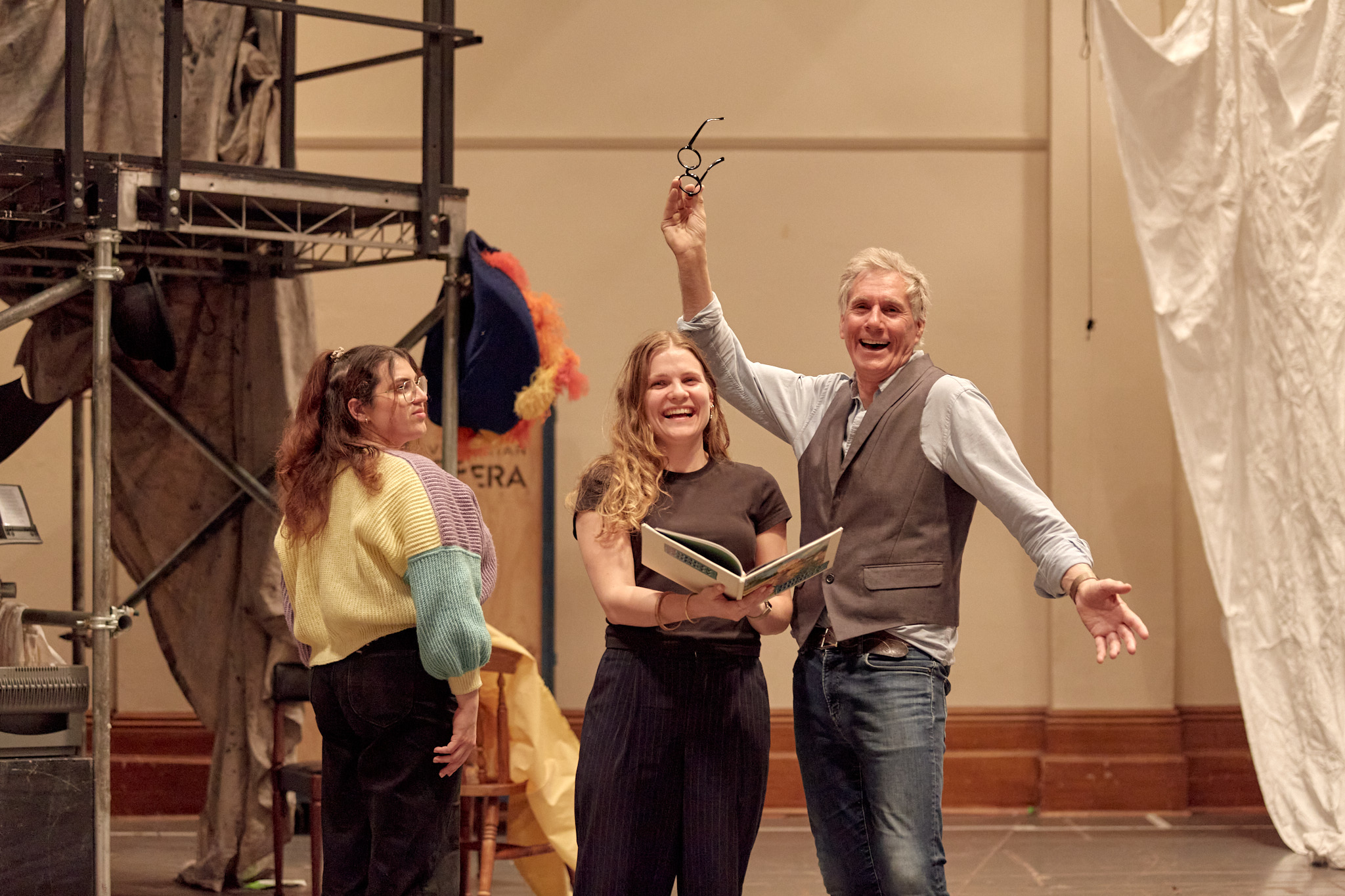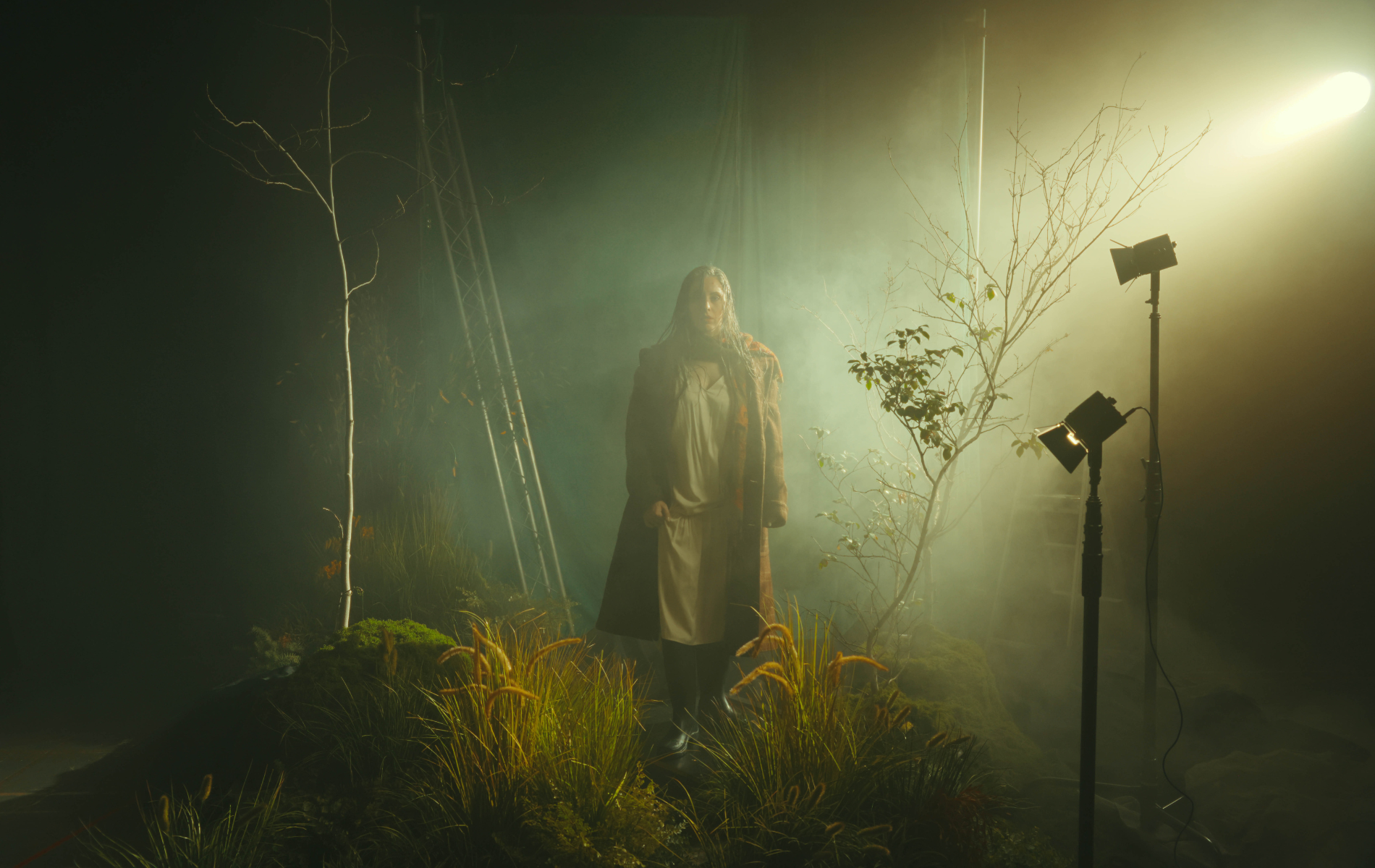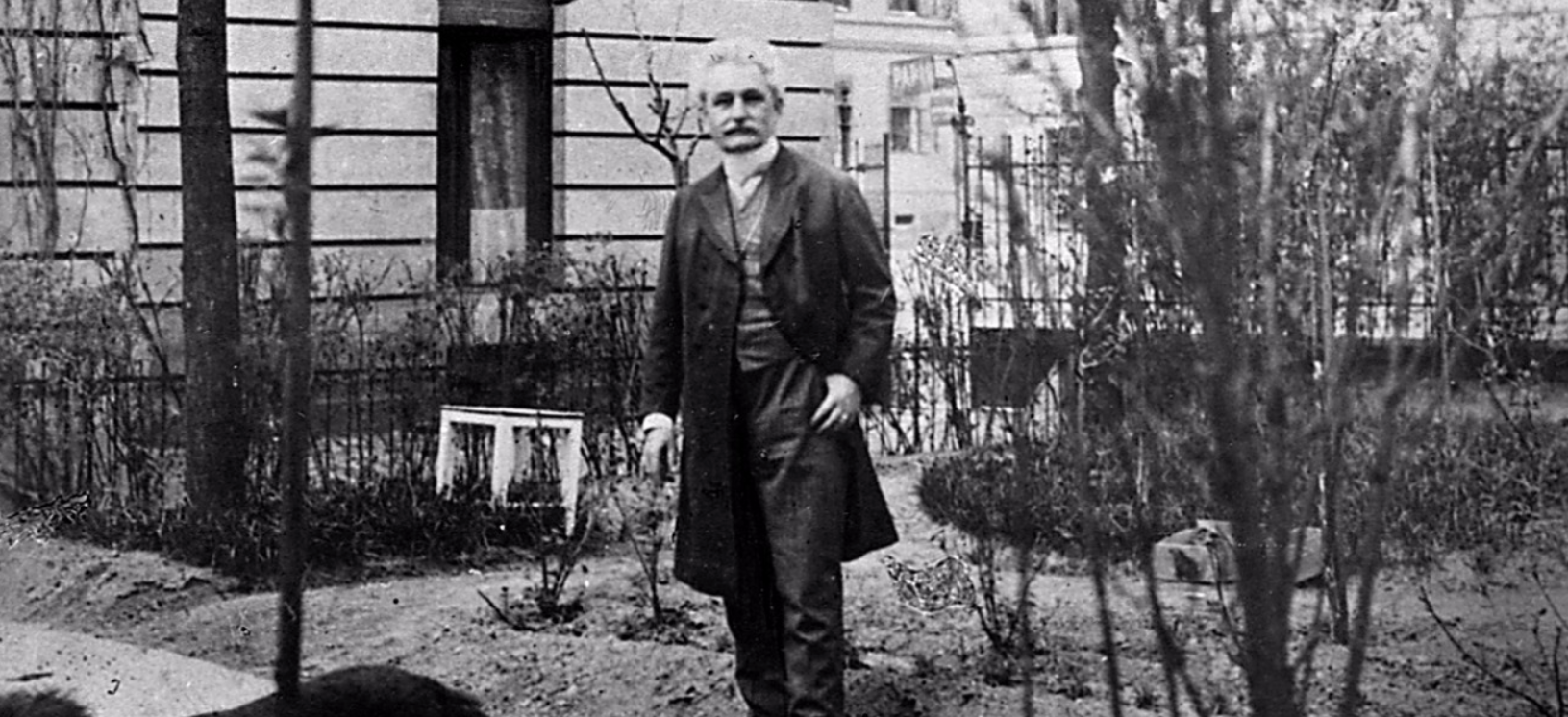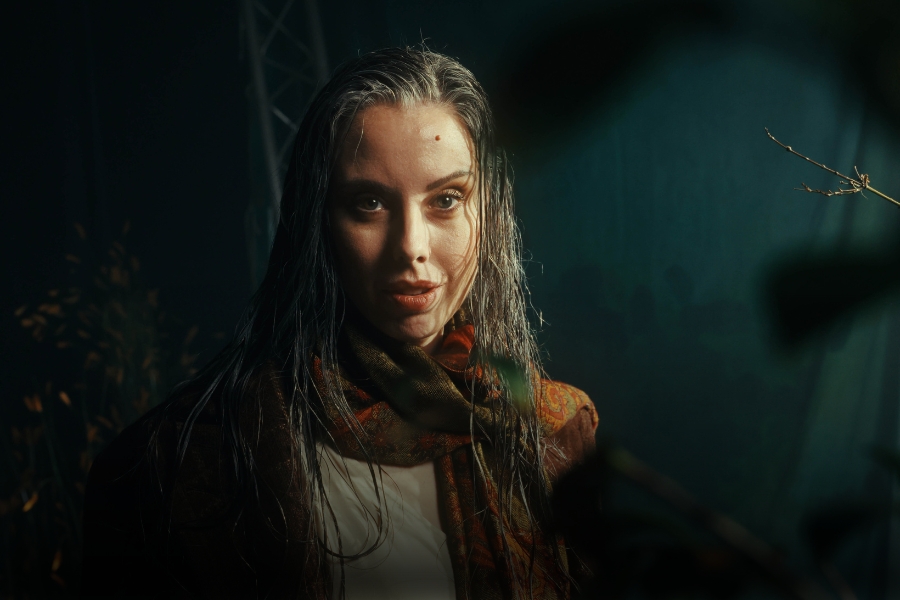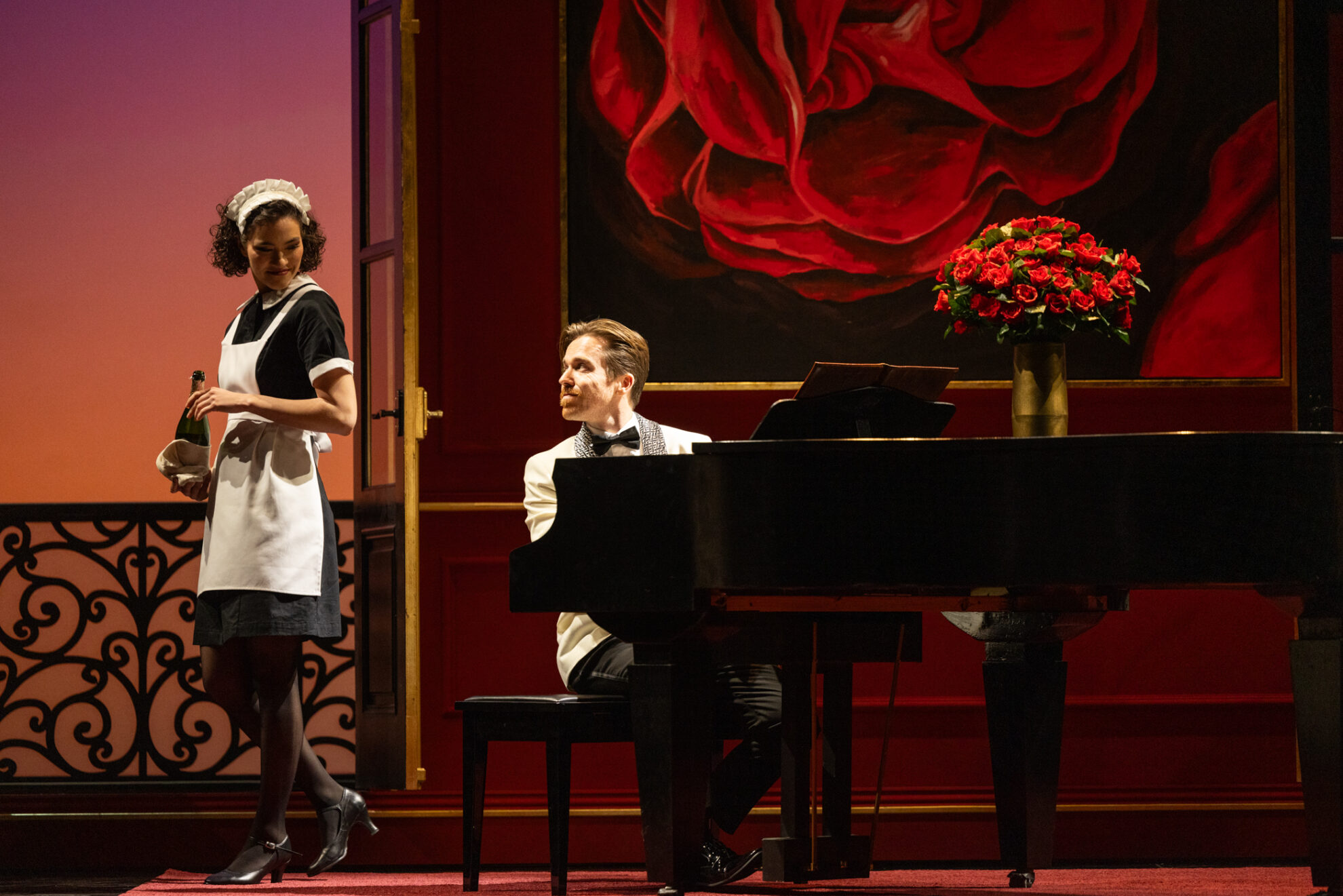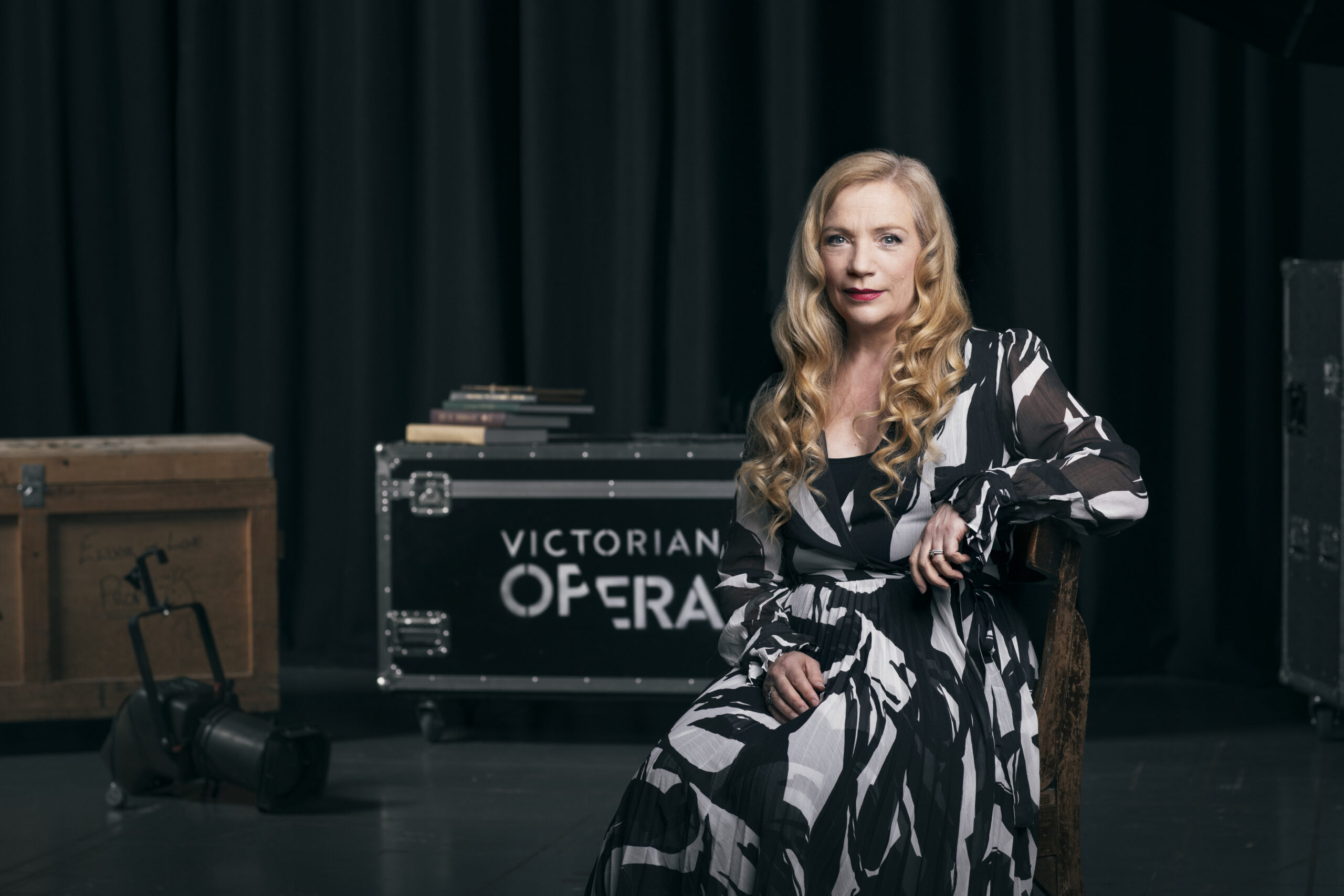
Interview with Elizabeth Hill-Cooper
As we count down the days until the season of the fabulous family-friendly opera The Grumpiest Boy in the World, we sat down with Victorian Opera’s CEO and director of this work, Elizabeth Hill-Cooper about her vision for this amazing work.
Tell us about your vision for the brilliant family opera, The Grumpiest Boy in the World.
This work has some great messages. Fitting in, celebrating difference and creativity, exploring your inner child. The creative team have worked hard to create a certain world in which we can capture the imagination of all the audience age groups. We end the work in a world of primary colour, having created a range of magical creatures conjured from our hero Zachary Briddling’s creative mind. We want the audience to feel uplifted by the end of the opera and have a sense of joy at the conclusion of the work.
One fascinating aspect of this production is Victorian Opera’s collaboration with the students of Melbourne Conservatorium of Music and the Victorian College of the Arts. Tell us about that collaboration and how it has been working with the students.
Melbourne Conservatorium of Music has a wonderful complimentary course with students across Masters Of Music, Opera Performance and Honours students in Voice Studies. The students audition for the various roles on offer and are assigned characters according to balance in ensemble and appropriate voice types. So far, the collaboration has been extremely rewarding. The students are engaged, creative and willing to try lots of things in the rehearsal room until we arrive at a suitable staging that compliments the singing required.
Victorian Opera has a long and rich history of producing family-friendly work that is accessible for many members of our community, and I know that that is a passion of yours. Talk us through your ethos with this, and why it has become such an important pillar in Victorian Opera’s activity.
For me, these works are imperative. They bring communities together, they inspire people across the spectrum of ages to embrace, enjoy and experience theatrical opera offerings in a relaxed and friendly environment. The young people, we hope will be inspired to continue their visits to the performing arts well into their adulthood and then bring their respective community of family into our future. We continue the life circle to benefit all across our community of patrons, performers and lovers of art.
The Grumpiest Boy in the World was commissioned for performance by Victorian Opera in 2015. Producing new work is another central part to the work of the company. How do you approach both directing and programming new work, and can you speak to how Victorian Opera has become one of the leaders of producting new opera.
New work for our Company is a pillar of our focus. It’s our privilege to be a leader in this area and we don’t take that lightly. Programming sits more in the remit of our Artistic Director, but my contribution is to explore where best the new commission might sit. By that I mean, do we need a new program focusing on young people or is it a specific topical area that is required. The commission process is taken over a three year period, year one is identifying a creative team and having them devise a concept for the work, year two is writing the sketch of the work and workshopping it and year three is completing the work and producing it. If I am fortunate enough to be assigned the role of Director on a new work, I take that very seriously. Depending on the work, our Artistic Director and I debate who would be best to take the work to full production. We try to match the best Director with the work and the concept behind it. More often, this is someone other than myself. This is a long-winded way of saying, the piece is central to the way it gets produced and who undertakes that role.
What are some of your favourite operas or musicals, and why?
Tough question. To be honest, I take enjoyment from anything I get to see. I can take information and ideas from anything I get a chance to attend. Even if I’m not a big fan of the work itself, I still find something to inspire thought of conversation. If I was to pick a favorite opera, it would Pelleas et Melisande by Debussy. I was very honoured to work on this piece in 2018 and adored it. Musicals, I love nearly all the Sondheim works, particularly A Little Night Music but I also love a great deal of the Irving Berlin pieces and then there are the modern works that address themes we are grappling with in today’s world. We are spoilt for choice!
You have had a distinguished career in the theatre. Tell us about some of your career highlights.
This may sound corny, but all of it! The beginning in dance, choreography and teaching. I was surrounded by amazing mentors and offered great opportunities. Then my transition into opera as an Assistant Director and all the incredible artists, creatives and technicians I met during those projects. Then, my training as a manager at University of Melbourne allowed me to combine all the learnings and add more to the industry at large. I love working with young people, I love seeing the joy and delight from audiences, I love challenging myself and others to be better and presenting works that challenge and delight. I adore it when works are successful and the creative teams, casts and technicians can celebrate all their hard work and it’s an honour when this is also shared with audiences.
Do you have any recommendations for other artists wanting to follow similar career successes as you?
Be patient. If you truly want to make a difference and add to the vibrancy in the artistic world, it takes time. It takes time to learn, to engage, to build relationships and contacts you can draw upon and it takes trust. Trust from others and trust in your own ability.
How did you first get into directing?
As a choreographer, you direct. So my first experience with dance was the start. Then as an Assistant Director in opera, I would sometimes be reproducing a work that already existed and you hone your skills as a communicator with the artists and technical teams during this process. Then, you get a break and someone asks you to devise a work from concept to presentation. As above, it takes time!
You’re taking your friend to the opera for the first time. What opera do you take them to and why?
Is my friend familiar with any other art form? Do they like music, do they like dance, do they only engage with sport?? What is on and available? So many questions…
For the power of music, most things Puccini, Verdi or Mozart. For something romantic, something French, for something different, anything we do!
What is your favourite snack to have during an interval of a show?
Conversation! Sharing of ideas and insights from my guests and other patrons!
By Evan Lawson.

